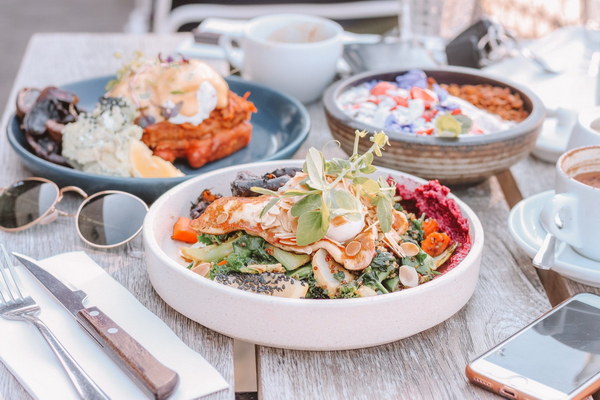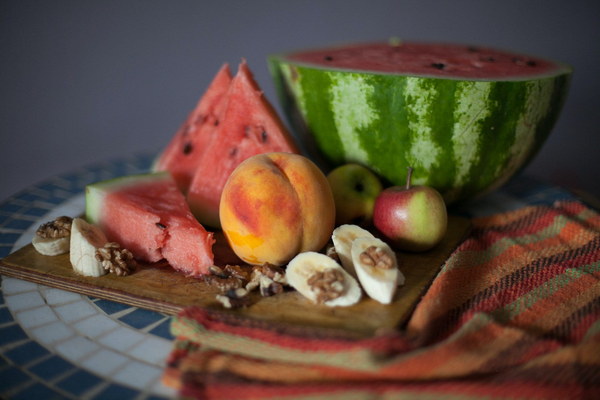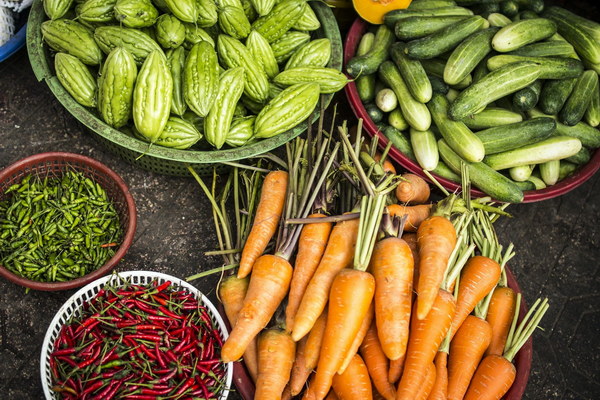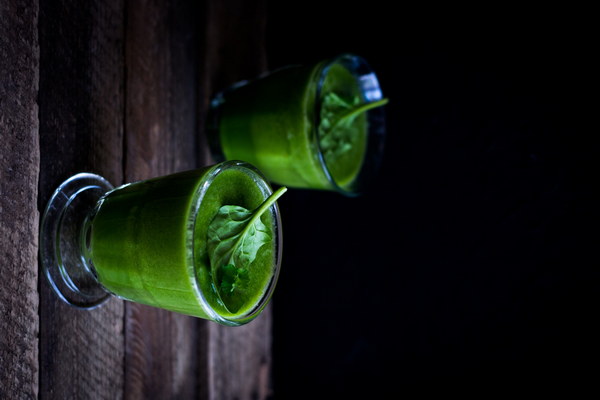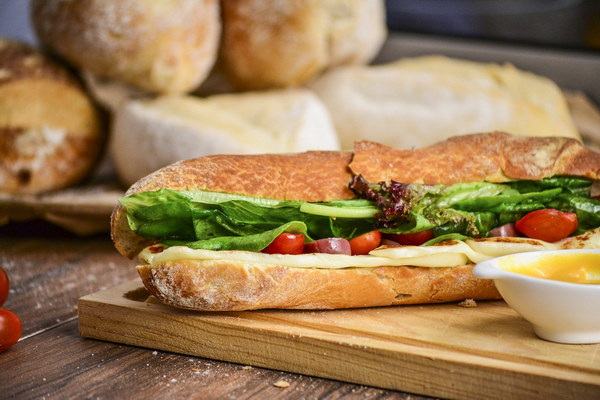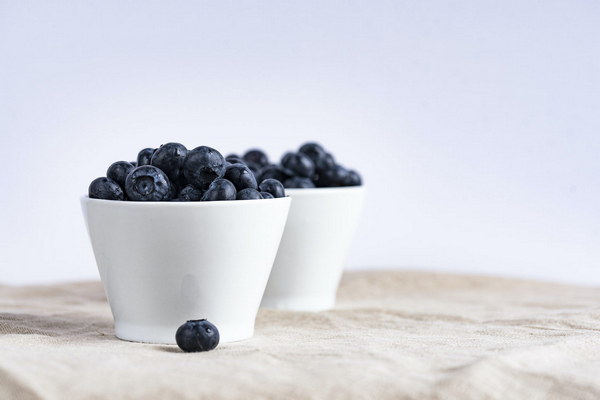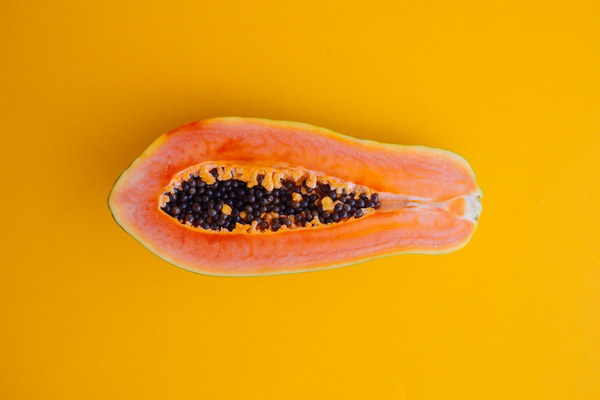Nourish Your Body from Within Exploring Traditional Chinese Medicine's Herbs and Foods for Qi and Blood tonification
In the realm of traditional Chinese medicine (TCM), maintaining a healthy balance of Qi (vital energy) and blood is essential for overall well-being. When Qi and blood are deficient, individuals may experience symptoms such as fatigue, weakness, pale skin, and poor circulation. To combat these issues, TCM practitioners often recommend a combination of herbal remedies and dietary adjustments. This article delves into the world of Qi and blood tonifying foods and herbs, offering practical advice on how to incorporate these into your daily routine.
Understanding Qi and Blood in TCM
In TCM, Qi is the fundamental life force that animates the body and maintains its balance and harmony. It flows through the meridians, which are pathways throughout the body that connect organs and tissues. Blood, on the other hand, is responsible for nourishing the body and mind, and it circulates through the blood vessels to provide nutrients and oxygen.
When Qi and blood are abundant and balanced, the body is strong and healthy. However, when there is a deficiency in either, various health issues can arise. To address these deficiencies, TCM focuses on tonifying Qi and blood with the help of specific herbs and foods.
Herbs for Qi and Blood Tonification
Herbal remedies play a crucial role in TCM, and several herbs have been traditionally used for Qi and blood tonification. Here are some of the most commonly prescribed herbs:
1. Ginseng (Panax ginseng): Known for its adaptogenic properties, ginseng helps to boost the immune system and improve overall vitality.
2. Astragalus (Astragalus membranaceus): This herb is highly regarded for its ability to enhance the immune system and support the body's defense against pathogens.
3. Dong Quai (Angelica sinensis): Dong Quai is often used to regulate menstrual cycles and alleviate symptoms of menopause, such as hot flashes and mood swings.
4. He Shou Wu (Polygonum multiflorum): He Shou Wu is believed to nourish the kidneys, promote hair growth, and improve overall vitality.
5. Red Peony (Paeonia lactiflora): This herb is used to regulate menstrual cycles, alleviate pain, and improve blood circulation.
Foods for Qi and Blood Tonification
In addition to herbal remedies, TCM emphasizes the importance of incorporating specific foods into the diet to support Qi and blood tonification. Here are some of the best foods to include:
1. Animal Organ Meats: Offal such as liver, kidney, and heart are rich in iron and other nutrients that support blood production.
2. Red Meat: Beef, lamb, and pork are excellent sources of iron, vitamin B12, and protein, which are all essential for maintaining healthy blood levels.
3. Dark Leafy Greens: Spinach, kale, and Swiss chard are packed with iron, vitamin C, and other nutrients that aid in the absorption of iron.
4. Legumes: Beans, lentils, and chickpeas are great sources of plant-based iron and protein.
5. Nuts and Seeds: Almonds, walnuts, sunflower seeds, and chia seeds contain healthy fats, protein, and minerals that support overall health.
6. Fruits: Berries, kiwi, and oranges are rich in vitamin C, which helps with iron absorption.
7. Whole Grains: Brown rice, quinoa, and oats are excellent sources of B vitamins and fiber, which play a role in maintaining healthy blood levels.
Incorporating Qi and Blood Tonifying Foods and Herbs into Your Diet
To incorporate Qi and blood tonifying foods and herbs into your diet, consider the following tips:
1. Cook with Herbs: Add herbs like ginger, garlic, and cinnamon to your meals to enhance flavor and support Qi and blood tonification.
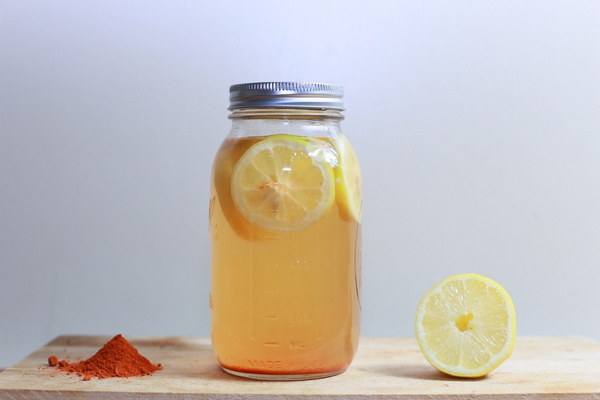
2. Create Balanced Meals: Aim to include a variety of foods from the categories mentioned above in each meal.
3. Stay Hydrated: Drinking plenty of water helps to maintain healthy blood circulation.
4. Consider Supplements: If you are unable to obtain sufficient nutrients from diet alone, consider consulting with a TCM practitioner to determine if herbal supplements may be beneficial.
By incorporating these Qi and blood tonifying foods and herbs into your diet, you can help support your overall health and well-being. Remember, TCM is a holistic approach to healing, and it is essential to work with a qualified practitioner to develop a personalized treatment plan.
